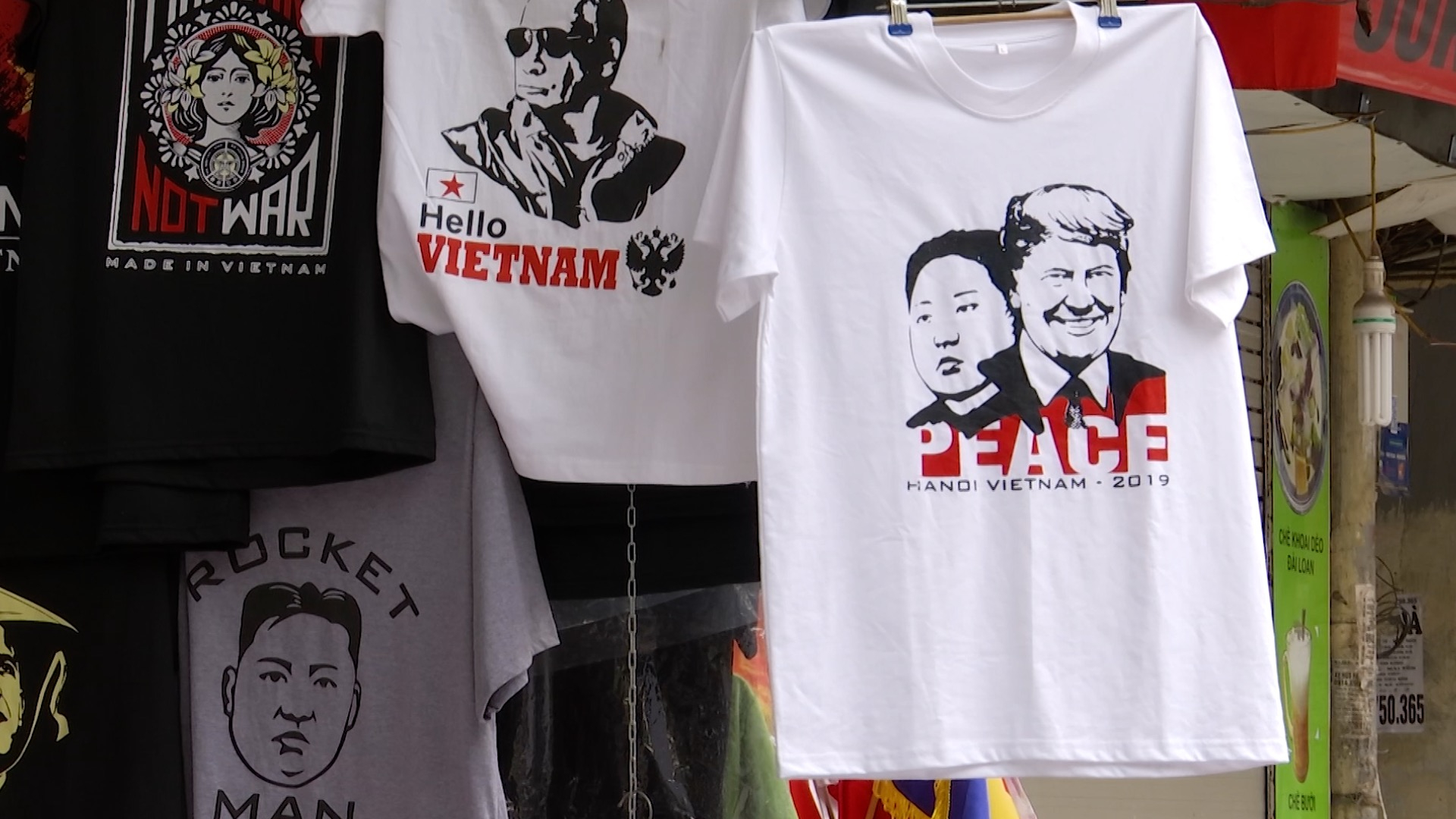
Asia Pacific
14:33, 25-Feb-2019
2nd Trump-Kim summit: China's role, invisible but vital
By Han Peng
02:47

With the second Trump-Kim summit about to take center stage in Vietnam from February 27 to 28, some people believe China has played an important role in the push for peace on the Korean Peninsula.
Before each of his major diplomatic moves, the Democratic People's Republic of Korea (DPRK)'s top leader Kim Jong Un has first gone to China.
But little has been said about what deals he has made with Chinese leaders.
Yang Xiyu, the senior fellow of China Institute of International Studies, said that what China has done is vital: "Its most important contribution is a decade-long consistency."
The DPRK once threatened to turn the U.S. and the Republic of Korea into a sea of fire, but today the hope of denuclearization doesn't seem far away.
Each time Pyongyang and Washington offered dramatic words, reporters would rush to the Chinese Foreign Ministry to see what Beijing had. But to our disappointment, for years there was nothing new or dramatic, said CGTN's reporter Han Peng when preparing for the second Trump-Kim summit in Hanoi, capital of Vietnam.
"China's stance on the Korean Peninsula is consistent. We hope all sides can work together to maintain peace and achieve denuclearization," said Geng Shuang, Chinese Foreign Ministry spokesman.
Experts believe China's consistency has kept the talks focused on their original agenda: no war and no nuclear weapons.
This comes as Pyongyang, Washington and Seoul all have their own, and sometimes changing, priorities on the Korean Peninsula.
"For example, Washington said it was seeking regime change in the DPRK, which provoked Pyongyang. Pyongyang wants to use nuclear negotiation as leverage to boost its regional influence, which the South does not want to see. The Republic of Korea wants to achieve reunification. All of this complicates the situation," Yang said.
With different players pursuing different goals, experts say China's consistency in dealing with the core issues is a force for stability.

SITEMAP
Copyright © 2018 CGTN. Beijing ICP prepared NO.16065310-3
Copyright © 2018 CGTN. Beijing ICP prepared NO.16065310-3